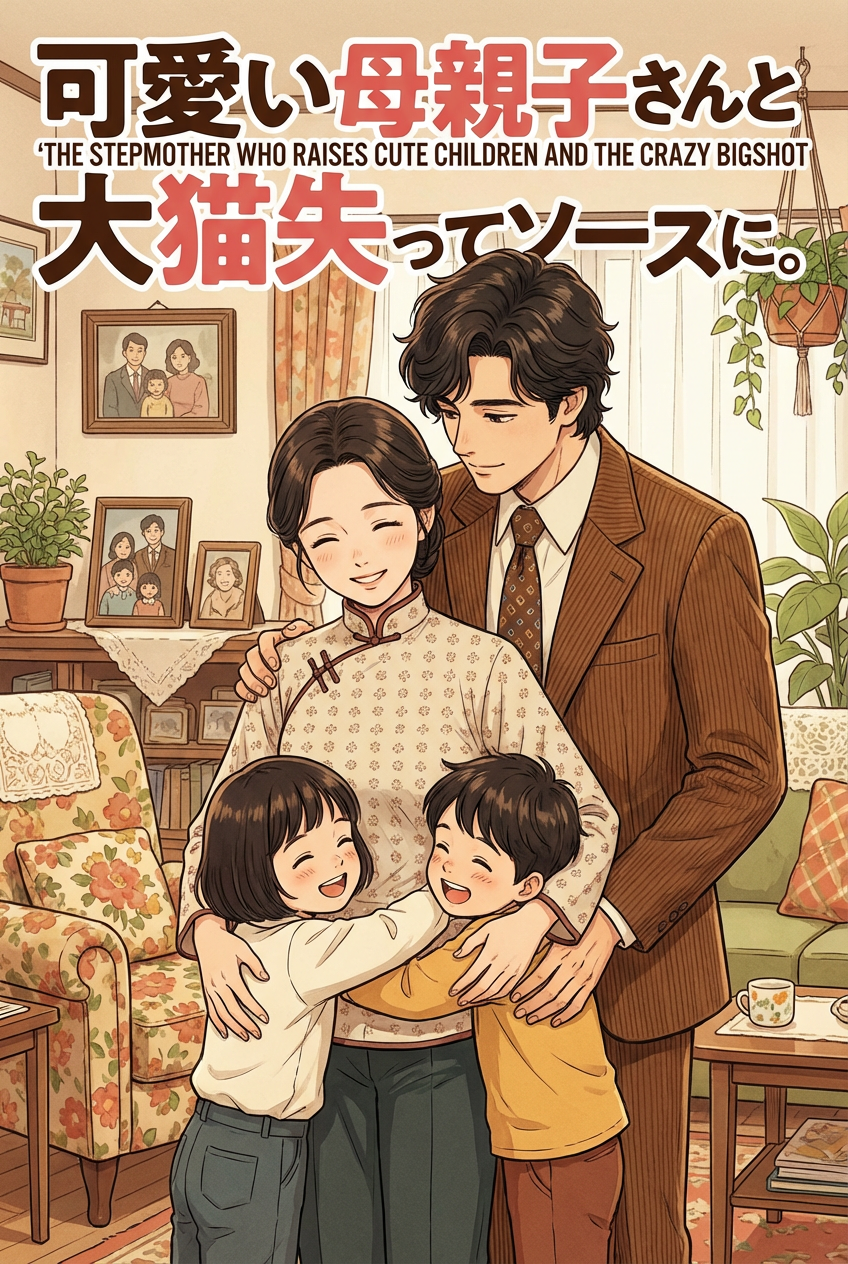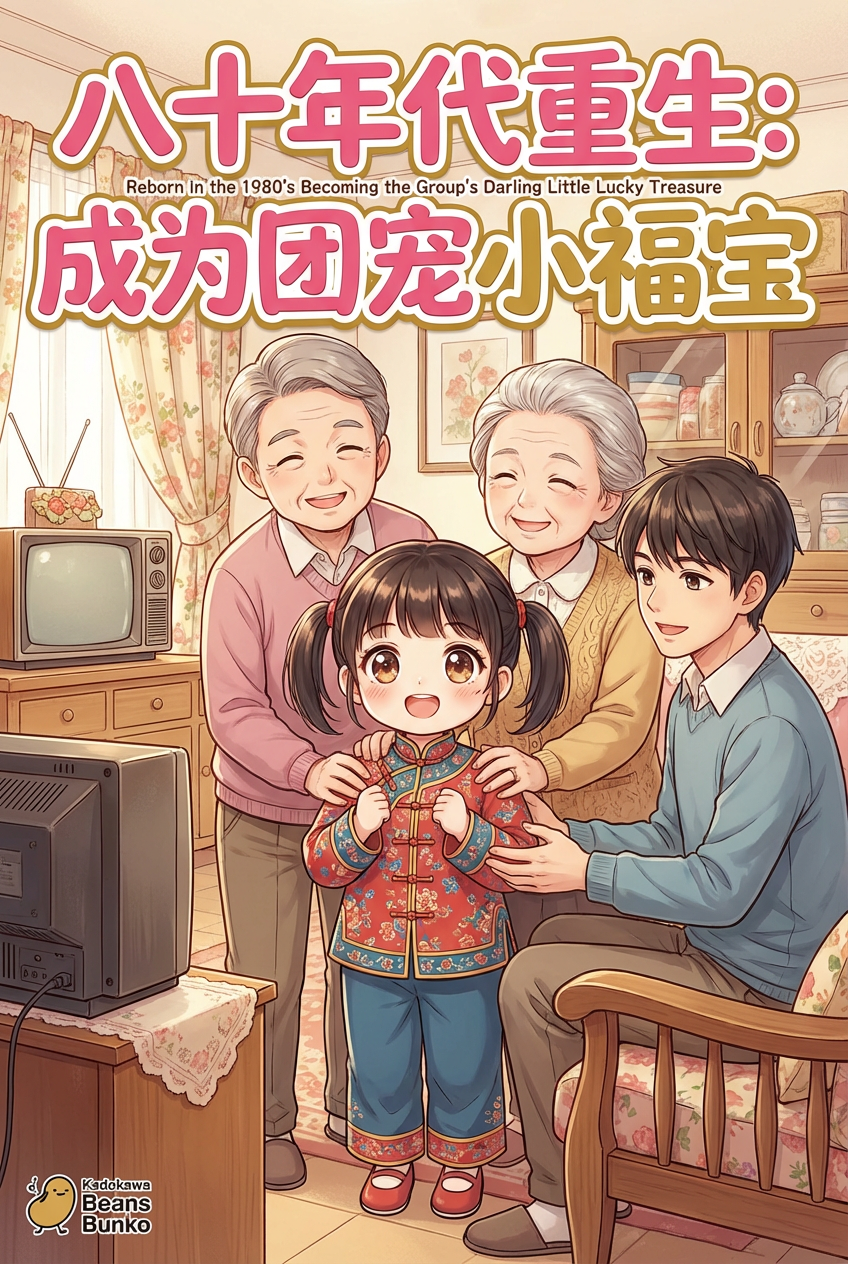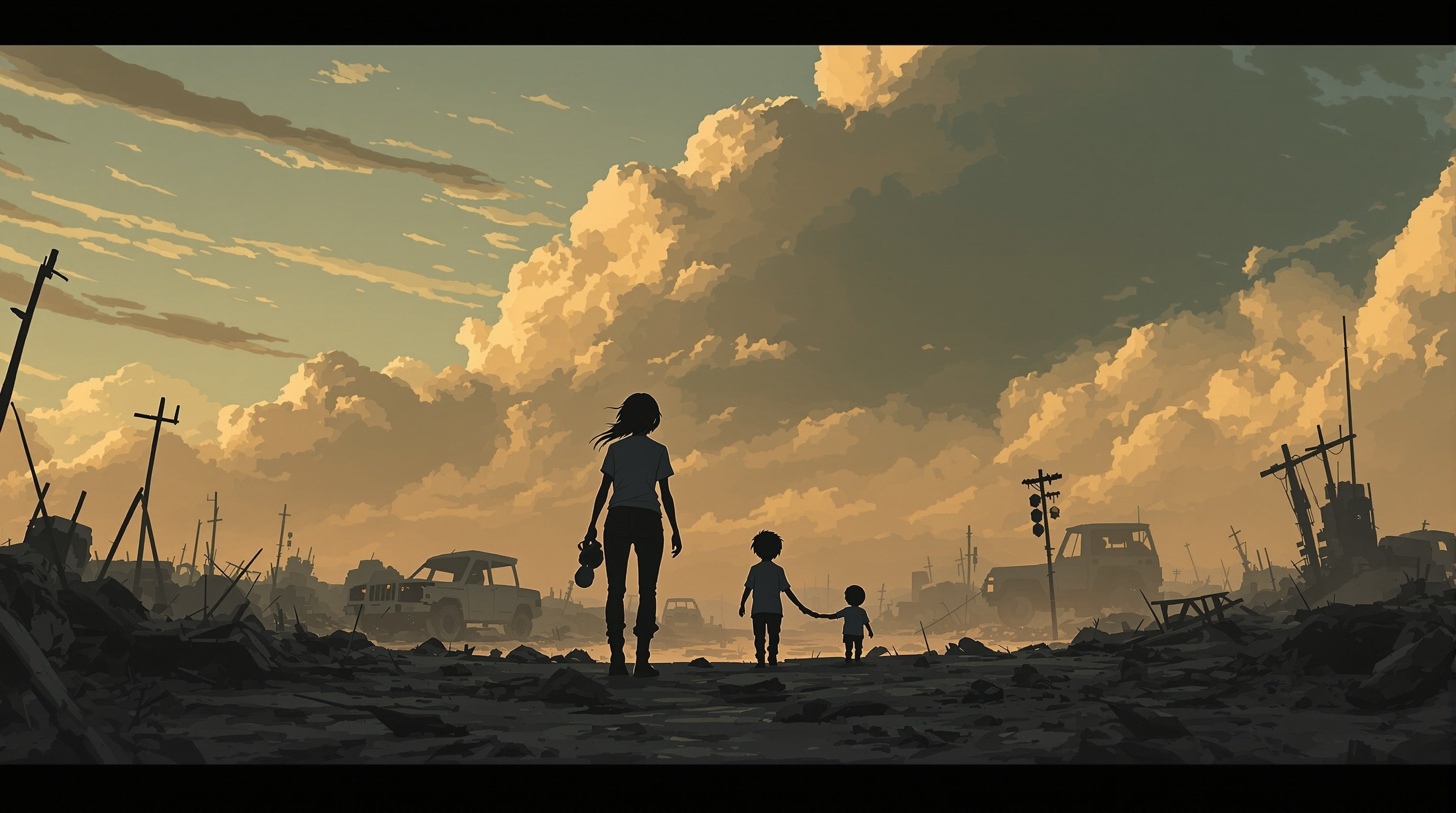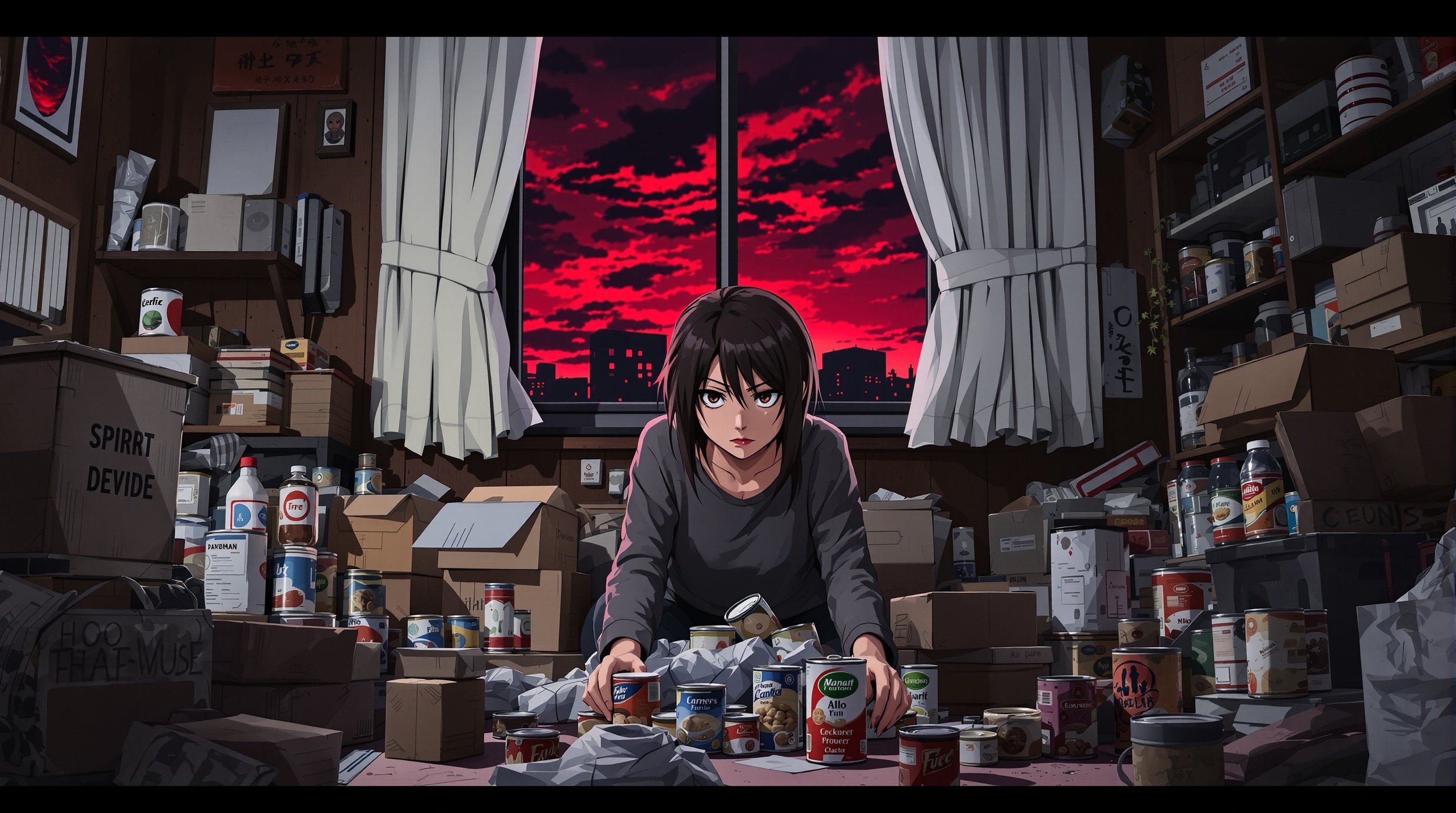
Dive into the World of Light Novels and More!
Welcome to your next favourite hangout! Explore exciting light novels, catch some fun videos, and connect with fellow fans. Whether you're here for awesome reads, to chat with friends, or shop our unique merchandise, we've got something special just for you!
Explore Our Novels
Discover captivating stories from our collection
Get to Know Us
We're all about bringing stories to life! Whether you love light novels or just want to dive into some amazing content, we've got you covered.
Merchandise Goods
Browse our cool merchandise products—unique items that celebrate your favorite stories and characters!
Featured

I Farm In The Apocalypse
Back to Ten Years Ago, Two Months Before the Giant Storm: Jing Shu starts building her own fortress, raising some chickens, ducks, and fish that are on the brink of extinction, planting vegetables that will not exist in the future, and stockpiling some delicious snacks. Life should have style. Features: Rubik Cube Space Levels system
Recent Novels
View AllShop Merchandise
View AllJoin the Fun—Subscribe Now!
Stay in the loop! Sign up for the latest updates, exclusive news, and a taste of our amazing community.























